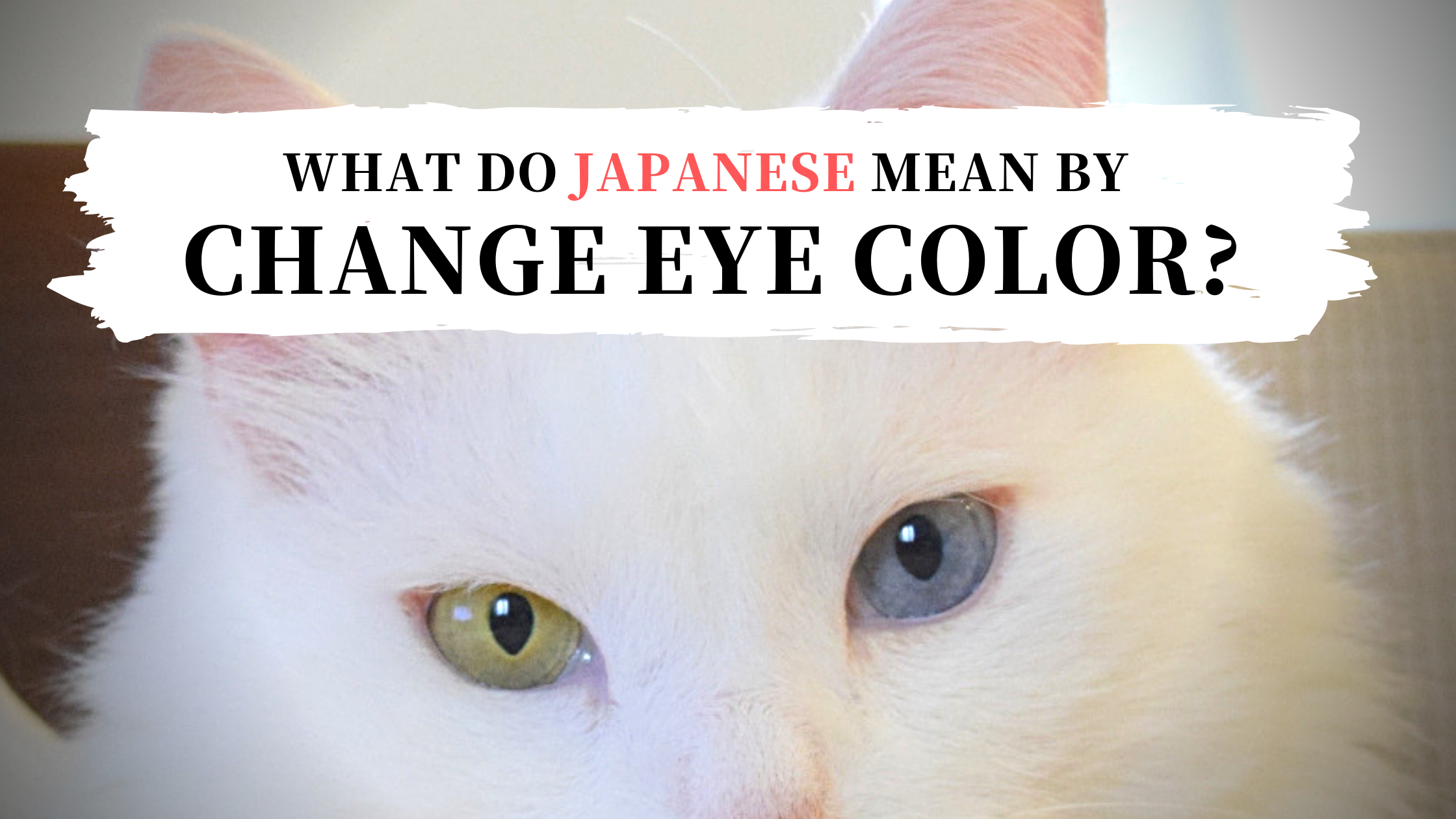めのいろをかえる Me no iro o kaeru
Japanese expression めのいろをかえる (me no iro o kaeru) translates literally in to English as « change eye color ». Let's break this sentence down!
め (me) means « eyes ». の (no) has a meaning similar to « of » in English. Here it is used to connect two nouns め (eye) and いろ (color).
So, めのいろ (me no iro) means « color of eyes ».
を (o) is a particle which indicates the preceding word is the direct object of the sentence.
かえる (kaeru) is the verb « to change ».
But as you know, you can't really change the color of your eyes!
It probably comes from the fact that our eyes tend to change when we're extremely focused on something.
So, this expression means to get in to a frenzy. It could be used when you are furious, or obsessive as well.
How is it Used?
ゲームのはなしをすると、むすこは めのいろをかえる。
Gēmu no hanashi o suru to, musuko wa me no iro o kaeru.
When I mention that game, my son's eyes light up.
ゲーム (gēme) means "game". This word comes from the English "game". Like nearly all words imported from English in to Japanese, it is written in Katakana.
はなしをする (hanashi o suru) means « to talk about something ».
You may be familiar with the particle と (to) as meaning « and », but in this case it is used as a conditional particle that can be translated as « when ».
Finally, むすこ (musuko) means « son ».
Another example:
かれは めのいろをかえて、たからくじのけんをさがしました。
Kare wa me no iro o kaete, takarakuji no ken o sagashi-mashita.
He was desperate to find the lottery ticket. (He was desperate and looked for the lottery ticket)
たからくじ (takarakuji) means « lottery », けん (ken) means « ticket » and さがしました (sagashi-mashita) means « looked for ».
かえて (kaete) is the TE form of the verb かえる (kaeru). TE form is used here to connect two sentences "He was desperate" and "He looked for the lottery ticket".
Have you grasped the meaning of めのいろをかえる (me no iro o kaeru) ?
I would definitely « change my eye color» if I were to lose a winning lottery ticket!



コメント